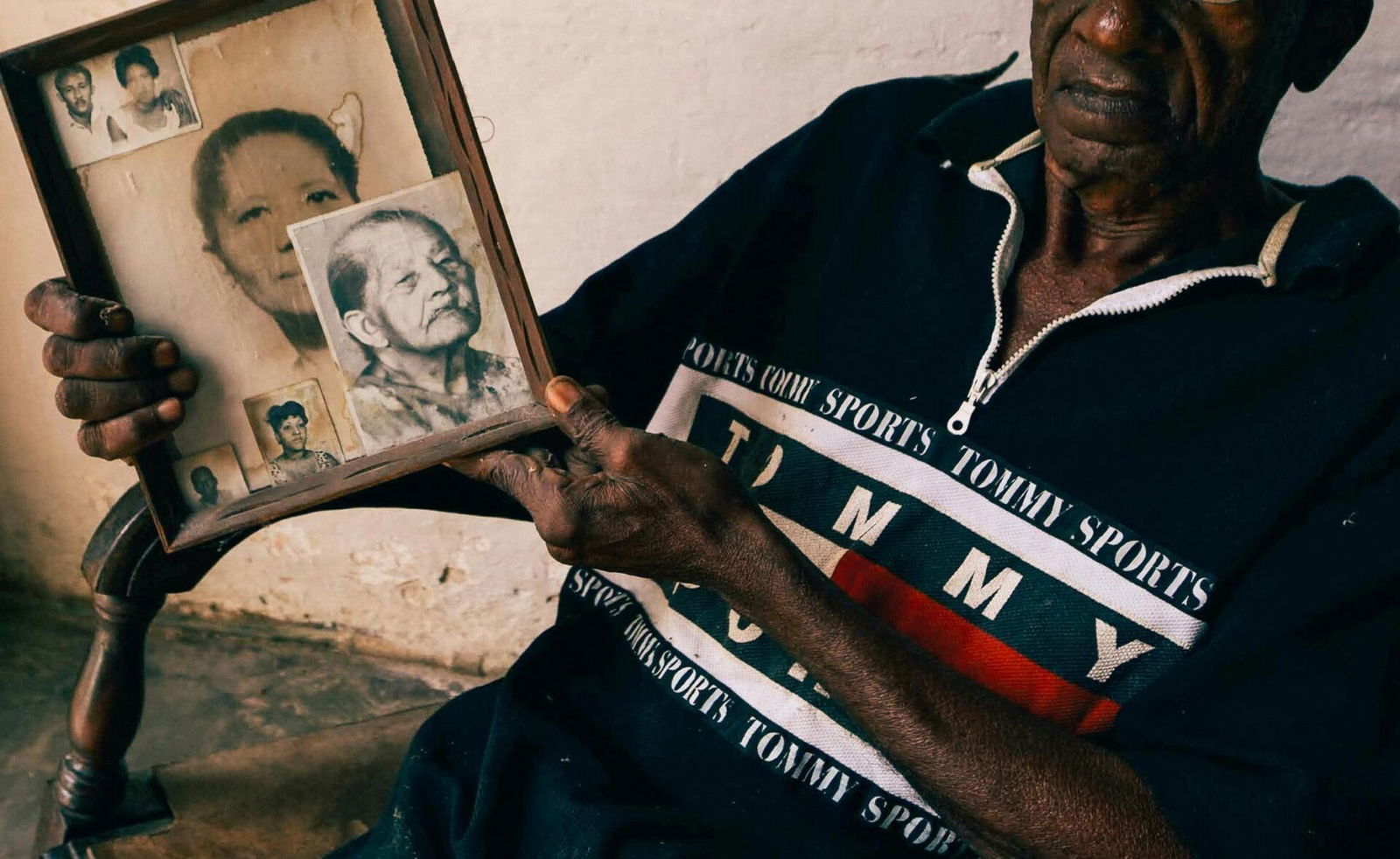A walking tour of Black historical sites in Boston not only teaches history but also helps preserve it.
Local and state leaders in Massachusetts embarked on a walking tour to raise awareness about the importance of teaching Black history. They set off on foot on Aug. 18, notably stopping at the Robert Gould Shaw and Massachusetts 54th Regiment Memorial. The National Monument honors one of the first Black regiments of the Civil War.
The monument does more than recognize Black servicemen, as its initial unveiling in 1897 came at a time of racial tension. Now, the monument’s future is in jeopardy, especially as the Trump administration cracks down on its plan to erase history that accounts for America’s darker past.
“This was a controversial monument,” explained Imari Paris Jeffries, president and CEO of the racial justice nonprofit Embrace Boston, to the Boston Globe. “Sixteen clear-faced Black people with guns in their hands.”
Other Black historical sites may be in danger as Trump tightens his control over the National Parks Service, which oversees these locations. However, Boston officials continue to advocate for these sites’ unshakeable place in U.S. history, despite the President’s wishes.
“President Trump and his minions are not just rewriting policy,” added Sen. Edward Markey. “They are trying to rewrite the history of the United States of America. [The administration] wants a climate of denial of the role of Black people, of brown people.”
Trump’s policies have already infringed upon the historical accuracy of some government websites, including the since-reversed removal of Harriet Tubman’s impact on the Underground Railroad. Trump has enforced his will through threats of revoking funds if museums and historical sites don’t comply with his erasure tactics, some of which have already come into fruition.
However, these leaders hope to fight in this new battle against whitewashing. The tour led them through other iconic sites, such as the Embrace Monument, which honors the first meeting between Rev. Martin Luther King and Coretta Scott King, and the African Meeting House. The house also holds the city’s Museum of African American History.
Like other museums, the African Meeting House aims to rely less on precarious government funding to keep its doors open and more on communal support and memberships. Especially as the National Parks Service itself faces budget cuts and layoffs, museums are making provisions while emphasizing they will not be erased, with this Black history tour calling attention to this effort.
RELATED CONTENT: Judge Blocks ICE From Rikers Island Amid City Challenge



